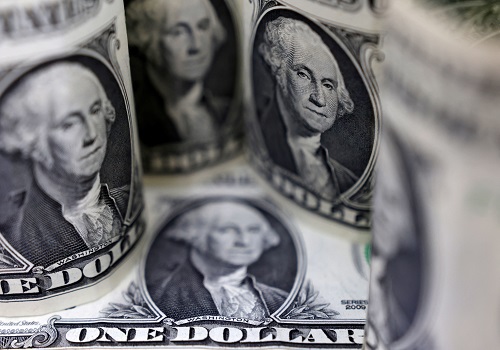Oil prices pick up on prospect of US replenishing strategic reserve

Oil prices rose on Thursday on the prospect the U.S. may start buying crude for its petroleum reserve, after prices sank to a seven-week low on hopes for an Israel-Gaza ceasefire, doubts about U.S. interest rate cuts and swelling oil inventories.
Snapping three days of losses, Brent crude futures for July gained 21 cents, or 0.3%, to $83.65 a barrel by 0026 GMT. U.S. West Texas Intermediate (WTI) crude for June climbed 22 cents, or 0.3%, to $79.22 a barrel.
Both benchmarks fell more than 3% on Wednesday to a seven-week low.
"The oil market was supported by speculation that if WTI falls below $79, the U.S. will move to build up its strategic reserves," said Hiroyuki Kikukawa, president of NS Trading, a unit of Nissan Securities.
The U.S. aims to replenish its Strategic Petroleum Reserve (SPR) after a historic sale from the emergency stockpile in 2022 and wants to buy back oil at $79 a barrel or less.
"If a ceasefire is agreed upon, even temporarily, in the Gaza conflict, market interest will likely shift to oil demand in the U.S. where the driving season is approaching," Kikukawa said.
In the Middle East, expectations grew that a ceasefire agreement between Israel and Hamas could be in sight following a renewed push led by Egypt.
Still, Israeli Prime Minister Benjamin Netanyahu has vowed to go ahead with a long-promised assault on the southern Gaza city of Rafah despite the U.S. position and a U.N. warning that it would lead to "tragedy".
The U.S. Energy Information Administration (EIA) said crude inventories rose by 7.3 million barrels to 460.9 million barrels in the week ended April 26, compared with analysts' expectations in a Reuters poll for a 1.1 million-barrel draw.
Crude stocks were at the highest point since June, the EIA said. [EIA/S]
Meanwhile, the U.S. Federal Reserve held interest rates steady on Wednesday and signalled it is still leaning towards eventual reductions in borrowing costs, but put a red flag on recent disappointing inflation readings.
The Fed's latest policy statement did note that "inflation has eased". Any delay in rate cuts could slow economic growth and dampen demand for oil.
























